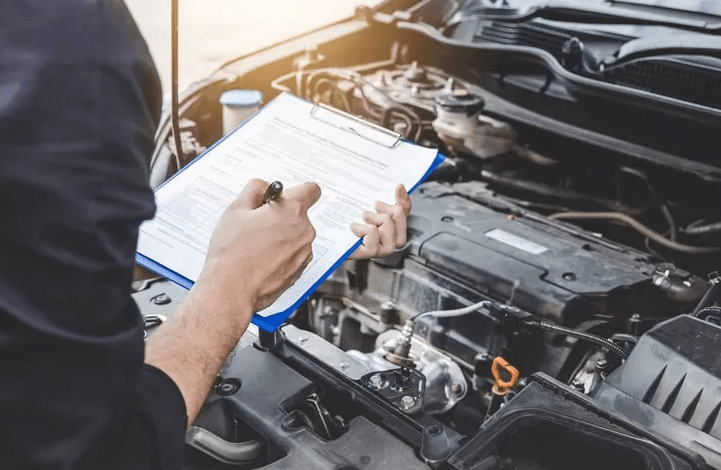Why Checking a Vehicle’s History Is a Must Before You Buy

Whether through conventional dealerships, private sellers, or internet auctions, buying a used car in the fast-paced, technologically driven auto market of today requires more than simply a visual assessment or a test drive. Examining the complete history of the vehicle is among the most important actions a buyer can take. The history of a vehicle can provide a lot of information including accident participation, ownership changes, and maintenance records.
Each of these factors can greatly affect its present state, future dependability, and overall value. Ignoring this important phase might lead to hidden damage, unanticipated issues, and finally an expensive dangerous acquisition. This article will look at the importance of evaluating a vehicle’s history before making a purchase.
Finding structural problems and hidden accident damage
The critical reason to check a vehicle’s history is to find any documentation of past accidents that might have caused major structural damage. A thorough cheap autocheck reports can indicate whether the car was involved in a little fender-bender or a catastrophic crash and whether it demands a total loss or is repaired and returned to the road.
A thorough vehicle history check can expose if the car has been declared a total loss or salvaged, whether it has been involved in a collision and the level of damage recorded. Ensuring that the vehicle satisfies safety criteria and evaluating its structural integrity depend on this knowledge. Buying a car with hidden structural issues greatly reduces its resale value and puts great risk to the occupants.
See also: Maximizing Profits With The Right Business Account
Revealing Mileage Variations and Odometer Fraud
A major problem that can fool naive consumers is odometer fraud, the illegal modification of a vehicle’s mileage to give it the impression of having been driven less than it truly has. Examining a vehicle’s historical data enables consumers to identify variations in the stated mileage across time.
Potential odometer rollback can be highlighted by cross-refining mileage data from many sources, including service records, inspection reports, and past ownership transfers. Buying a car with manipulated mileage could result in early wear and tear, higher maintenance expenses, and a notable overpayment depending on the false mileage.
Maintenance and Service Records
A well-kept car is more dependable and likely to last for longer. Though a visual inspection can offer some hints regarding the state of a vehicle, a thorough history report might have important details about its maintenance and service records. This might show whether the car follows manufacturer-recommended service schedules and has frequent oil changes and timely repairs.
Regular maintenance records show that the automobile has been cared for by past owners and offers peace of mind. On the other hand, a lack of records of notable repairs or service history might indicate underlying problems.
Knowing Previous Owner Count and Usage Patterns
For a potential buyer, the number of past owners and the way a car has been utilized might also offer insights. An automobile with many past owners could point to regular maintenance or even hidden problems.
Similarly, a privately owned automobile with comparable mileage might have seen less wear and tear than a car utilized in business fleets or as a rental. To make an informed decision, evaluate ownership details with other indicators like service records, accident history, and mileage consistency.
Fortunately, this kind of information is easily accessible through vehicle history services, such as cheap autocheck reports. These investigations can rapidly identify the number of previous owners, usage classification (personal, fleet, rental), and other patterns that may impair the car’s long-term dependability.
Check Manufacturer Alerts and Recall History
The recall history of a vehicle is another sometimes disregarded feature of a history of ownership. Manufacturers recall items to address performance-related issues or safety flaws. Buying a car with unresolved recalls could endanger your safety or cause legal problems.
Whether the car has any open recalls and if those problems were fixed through approved repair outlets will depend on a thorough history check. This validation reduces potential risks in the future and guarantees the vehicle complies with present safety criteria.
Examining a vehicle’s past is not only advice but also a basic need for any smart and conscientious purchase. The knowledge gained from a thorough history report—including accident records, title information, mileage validation, maintenance history, and ownership details—offers valuable insights for evaluating a vehicle’s actual condition, possible hazards, and overall value.




